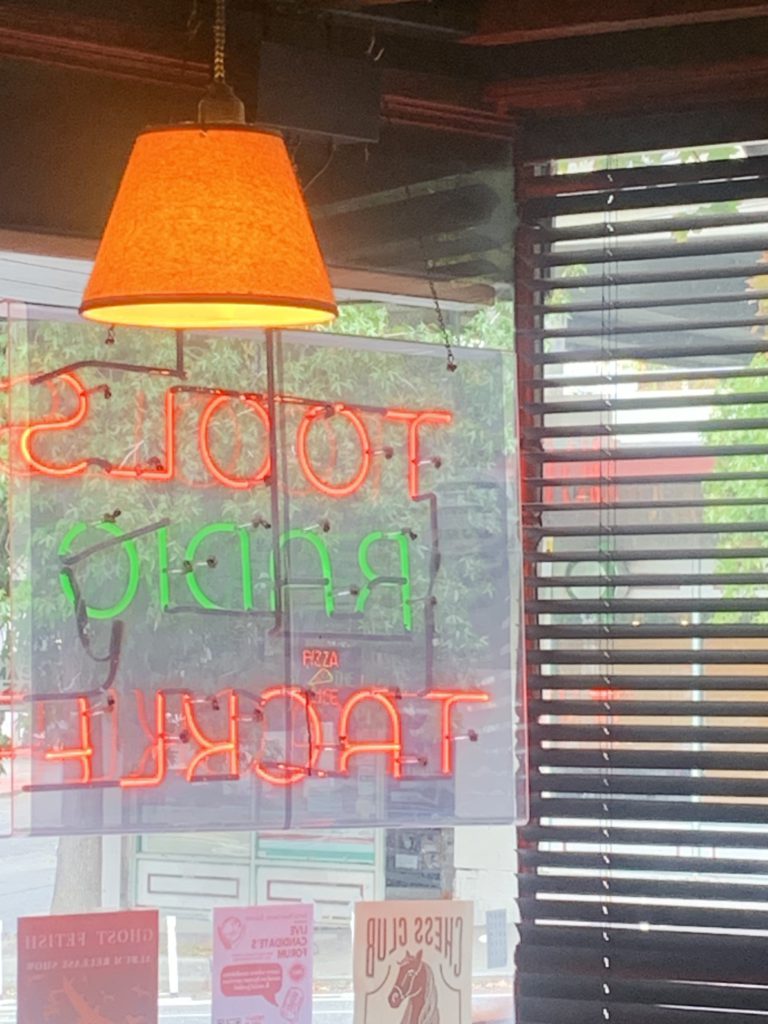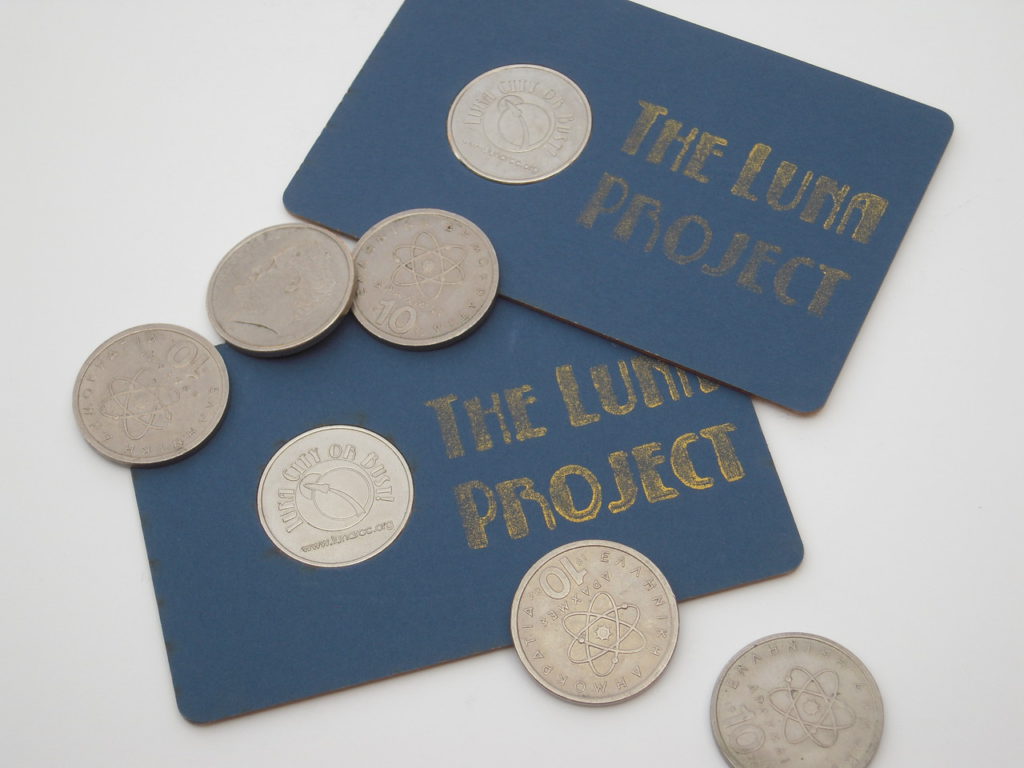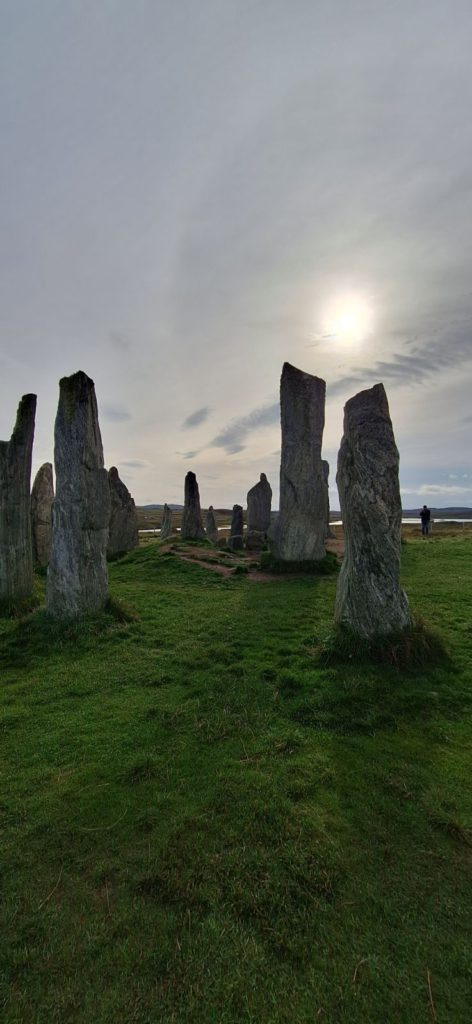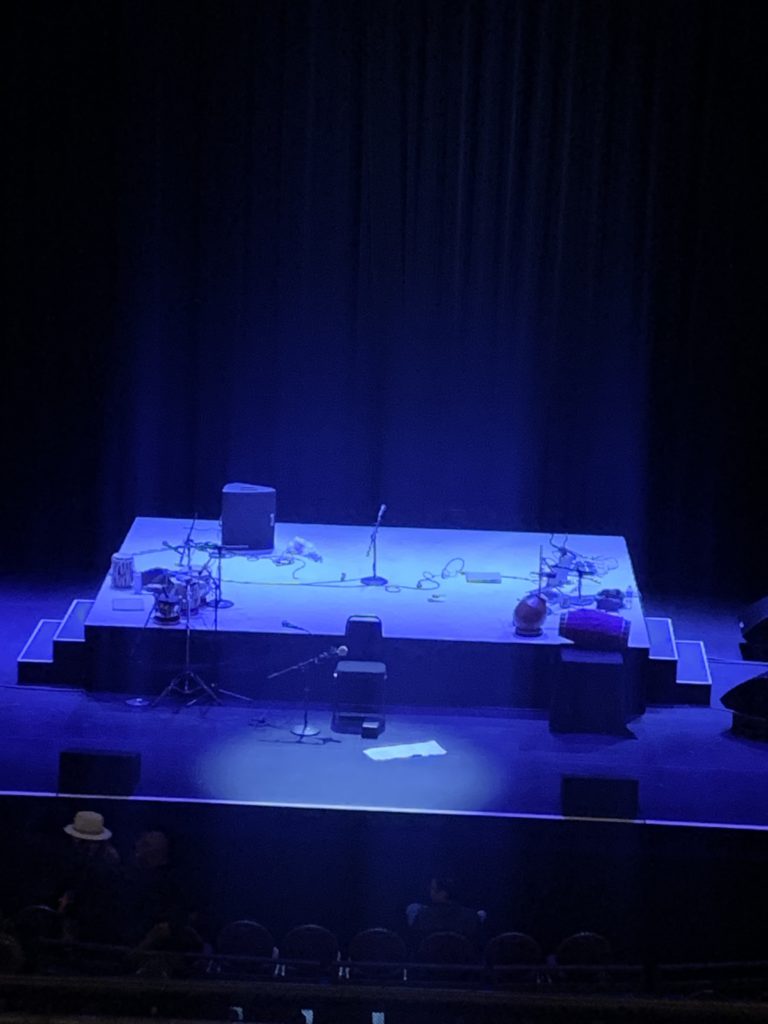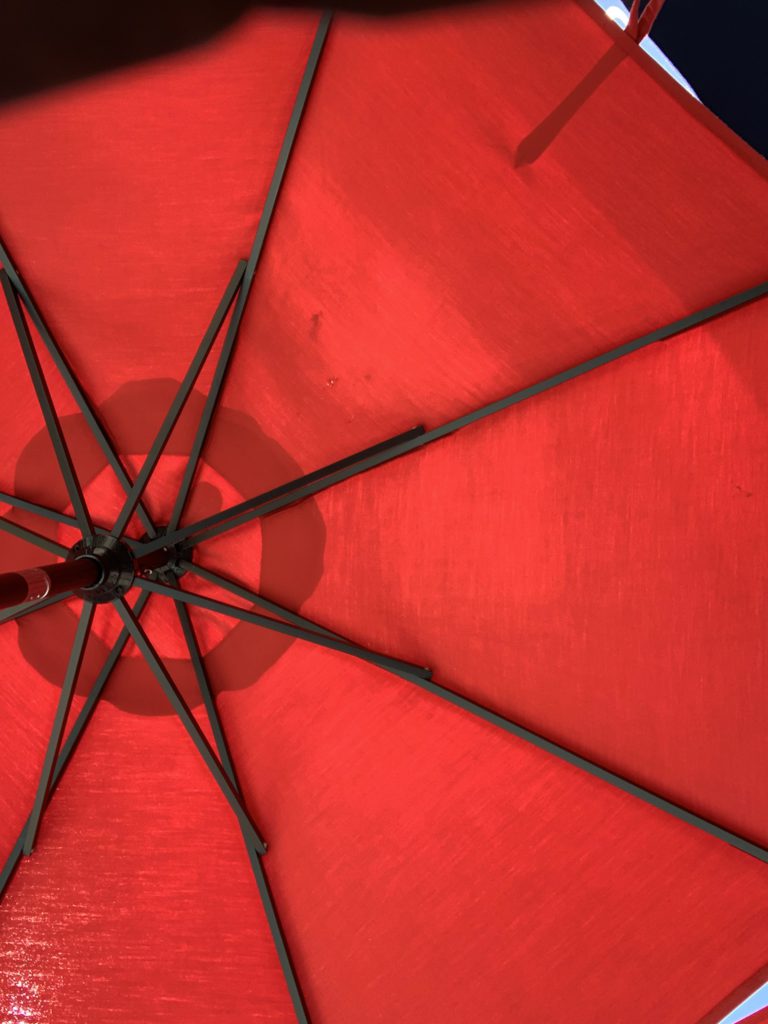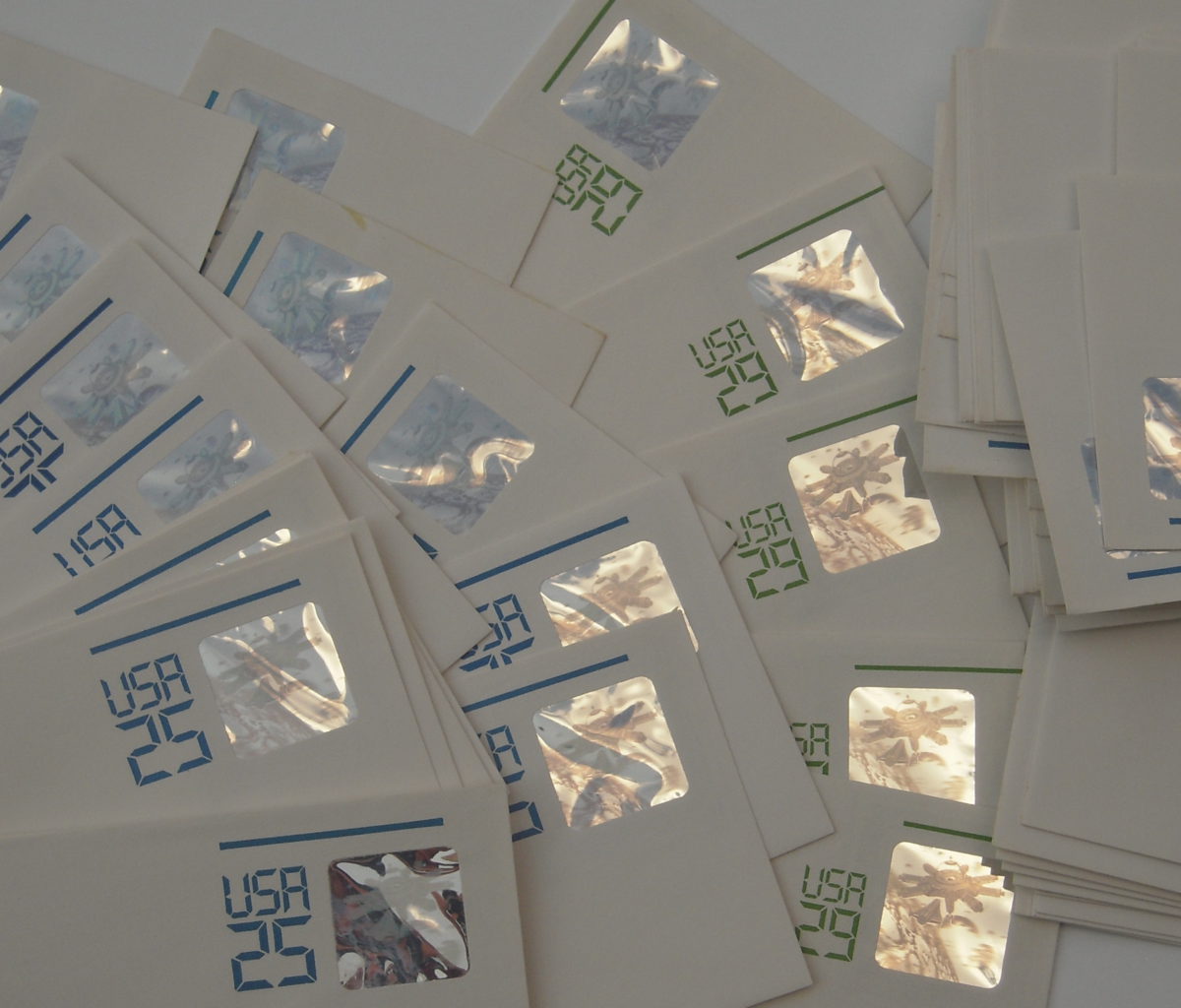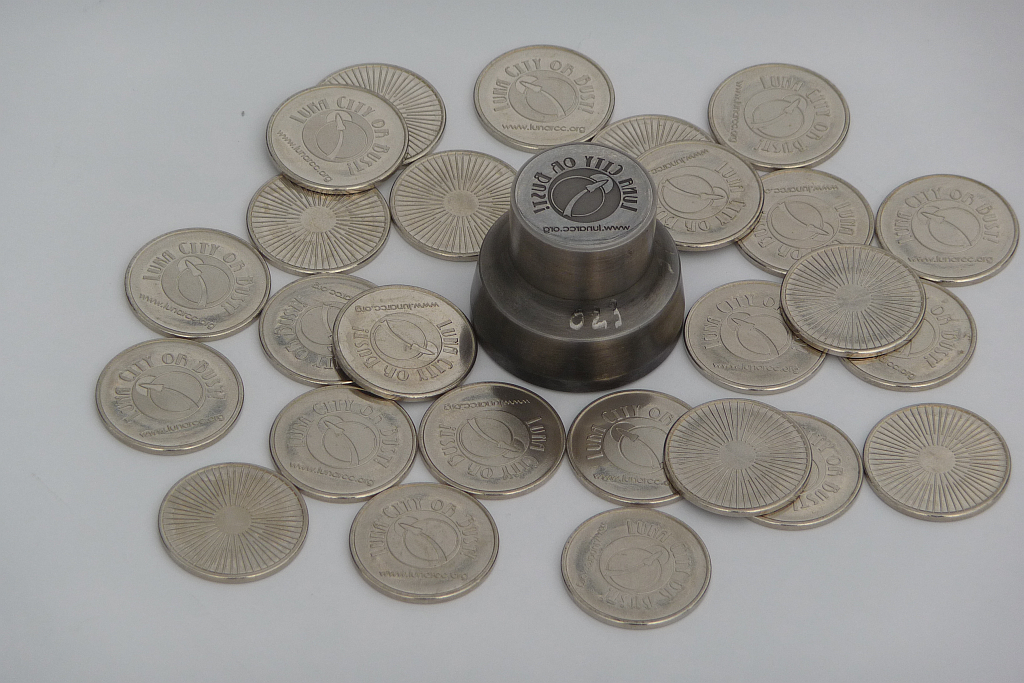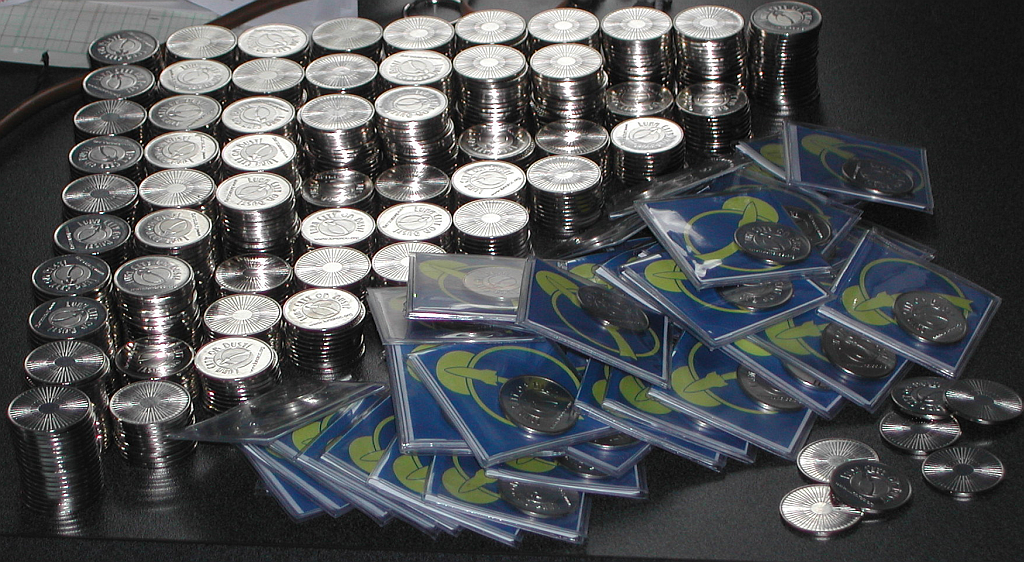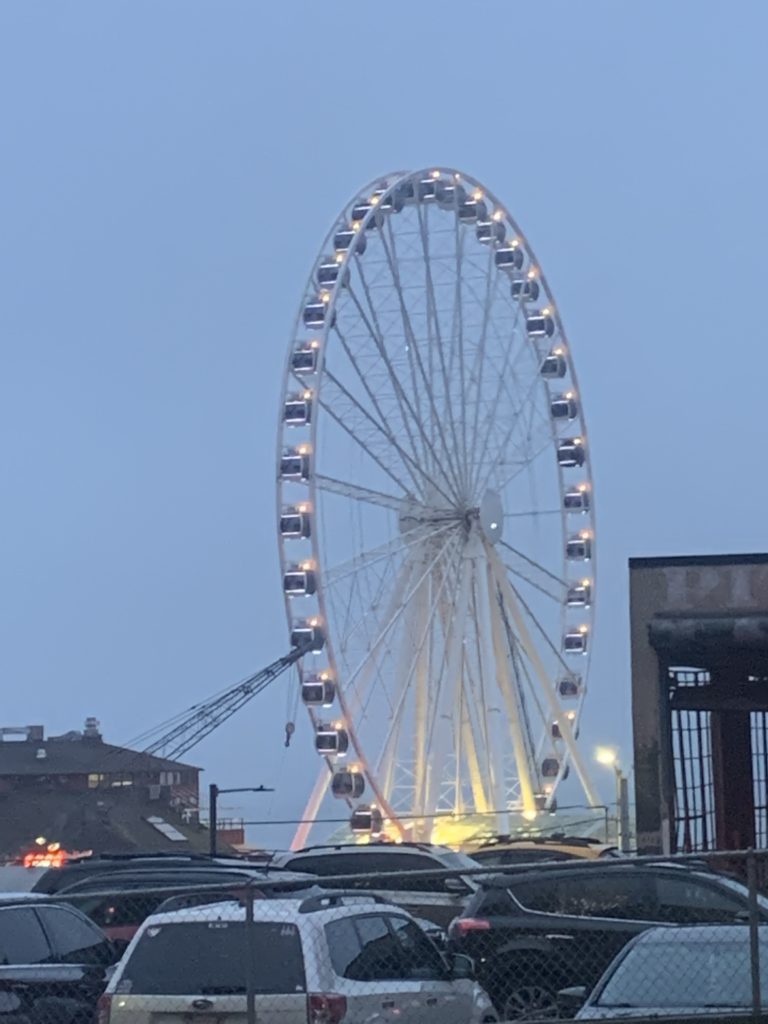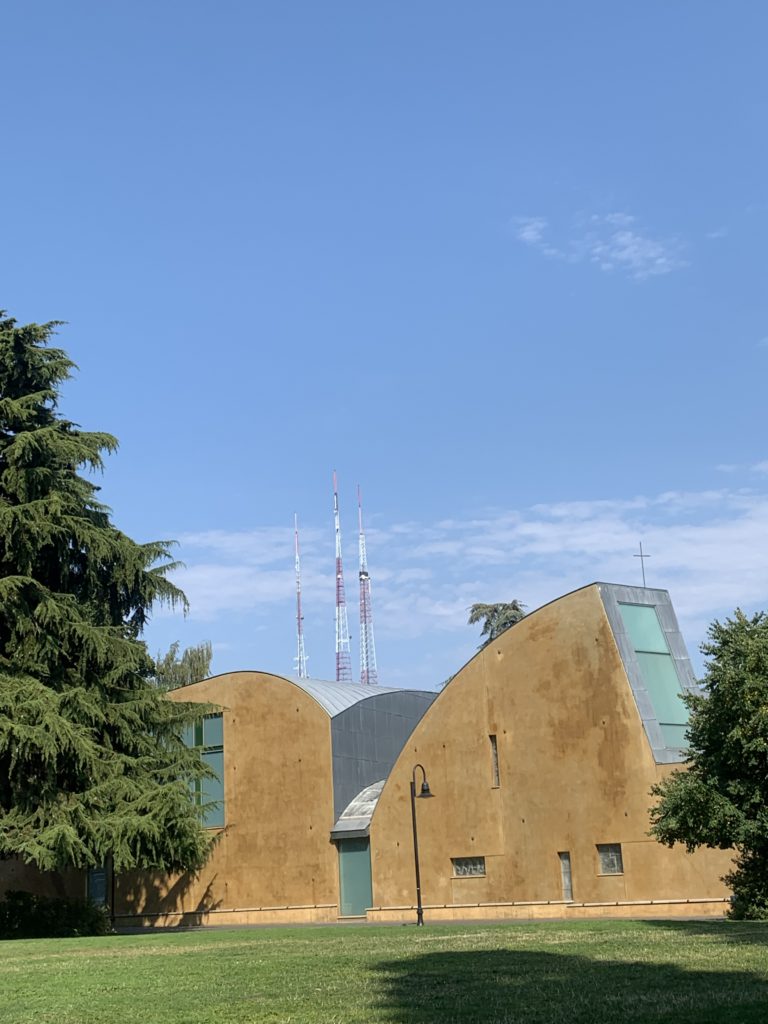Mail Call! Much of the rest of the show, alas is political incompentence and stupidity ― thin soup, you may say. There seems little reason, though, that they should be so ubiquitous if, somewhere along the line, we the common people had not decided to accept them. As I have said time and again, policies which cannot be implemented will not be. Also, the resources required by the environmentally–benign renewable–energy–and–battery future, and their relation to cocaine and alcohol.
- Archive Recording
- 2023 ASFO Masterpost
- A Step Farther Out Masterpost
- Previous Week
- Following Week
- Patreon campaign
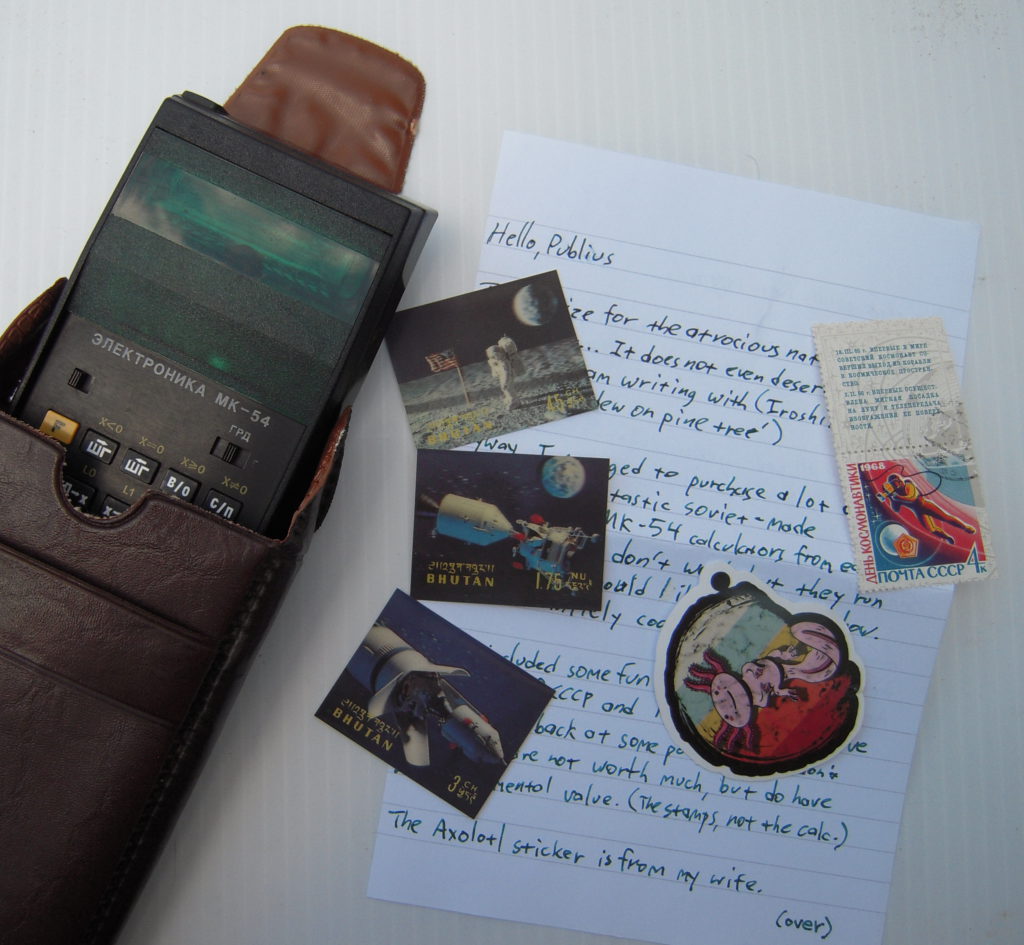
Supplementary Show
2023–10–03 From ATOM 142 (1968 August), How DFR Was Repaired, a very interesting description of work on the primary circuit of a sodium–cooled fast–neutron breeder reactor, which had not initially been thought feasible. And then some material from the 1975–76 Annual Report of Atomic Energy of Canada Limited. Truncated early by a telephone call from a medical office.
